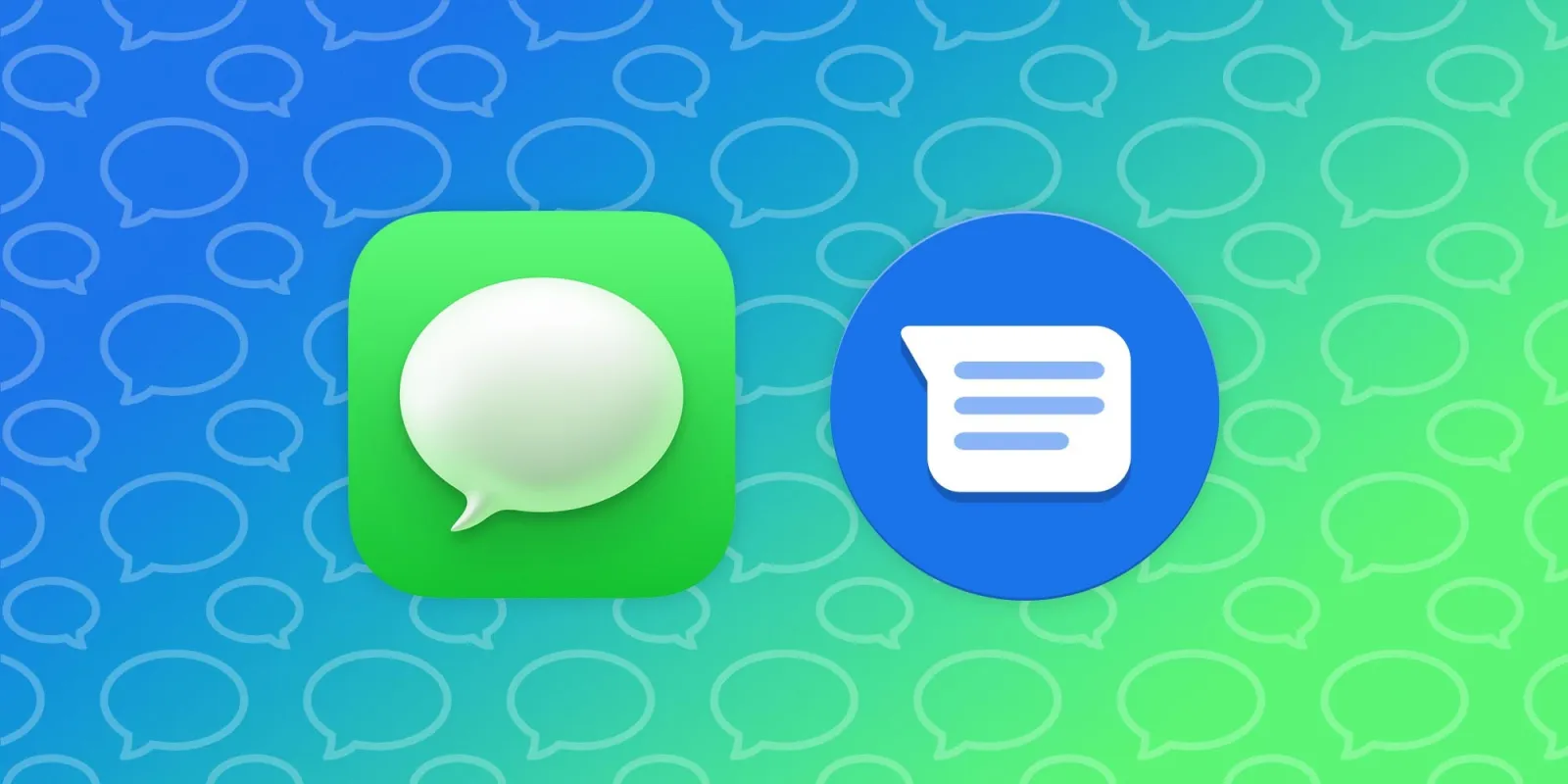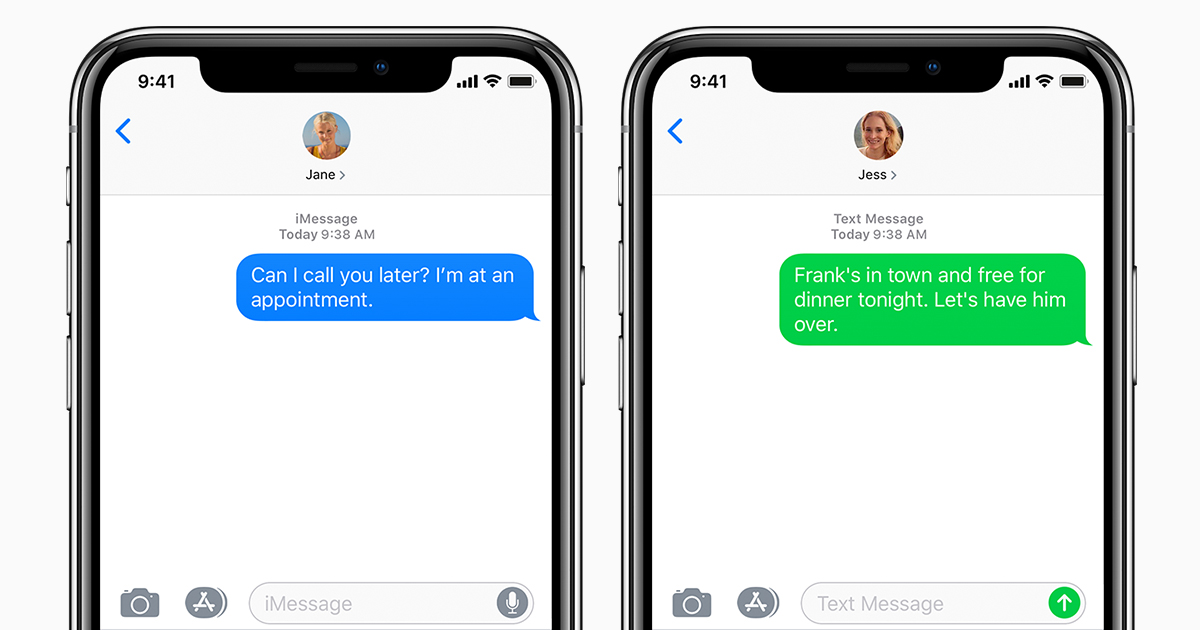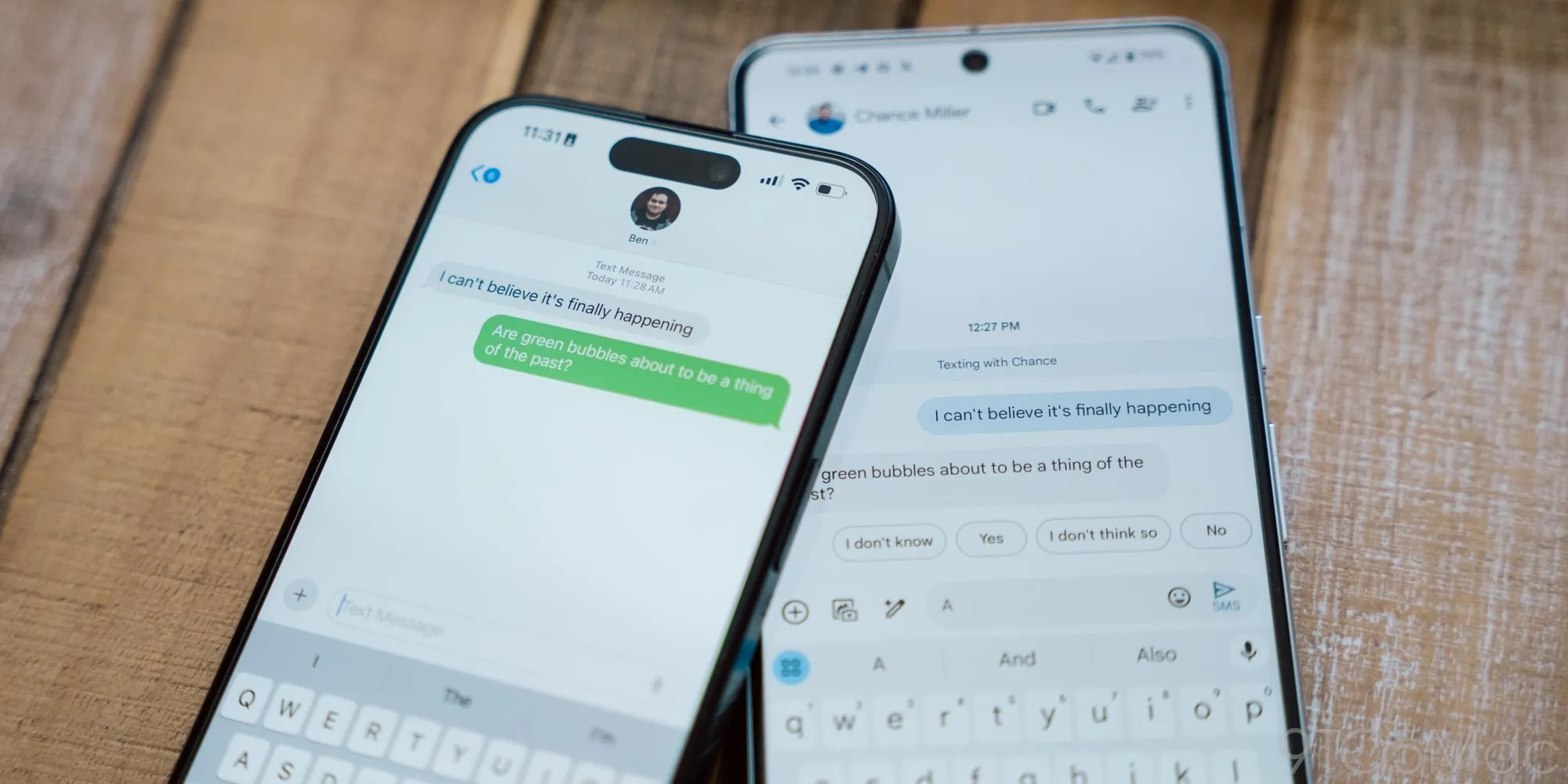
It’s official: Apple will add support for the RCS messaging standard in iOS. This won’t happen until the end of next year, and we don’t have many details about how Apple will implement RCS. In the meantime, we can reflect on the impact this will have on Android and iPhone users – and honestly, I don’t think it will be as huge as people might think.
A look back at Apple’s history with RCS
RCS, or Rich Communication Services, is a communication protocol created in 2007. Still, it only gained traction recently when Google implemented RCS in Android’s native messaging app. It was designed to replace the old SMS standard, which is quite limited by today’s standards.
Compared to SMS, RCS supports messages with audio, video, and other file formats and is not limited to 160 characters. It also supports better group messaging, typing indicators, and read receipts.
iMessage users are probably already familiar with all these features. However, when iPhone users send messages to Android users using the system’s native messaging app, they’re limited to the basic features of the old SMS standard since the iPhone never had RCS support. At the same time, Apple has never been interested in making iMessage available on Android.
In the US, where the iPhone dominates the smartphone market share, many people use iMessage daily. This has resulted in Android users not being able to have a good messaging experience when chatting with iPhone users, and vice versa. This created the debate known as the “green bubbles vs. blue bubbles.”
Apple executives have already secretly admitted that they have no reason to make messaging between iPhones and Android more seamless because it would hurt iPhone sales. Some people buy an iPhone just because of iMessage, and there are even cases of teenagers being bullied at school for not being included in group chats because they have an Android phone.

Adding RCS to iOS would fill this gap, as communication would be similar to the experience that users have when chatting via iMessage. But again, that wouldn’t benefit Apple in any way.
So what happened?
With all this in mind, what has changed to make Apple finally adopt RCS? Is Apple being a good company that loves to support open industry standards? Well, not really.
Apple has been under scrutiny from regulators around the world in recent years because of its dominance and strict rules when it comes to iOS. The company is accused of using its power to undermine competition with the App Store and iMessage (built into the native iOS messaging app also used to send SMS).
With the approval of the Digital Market Acts antitrust law by the European Union, Apple would be forced to not only open iOS to sideloading but also make iMessage interoperable with other messaging apps. This would certainly hurt Apple in markets where iMessage has a large user base.
By adopting RCS, Apple can argue that it supports an open messaging standard, so there’s no need to bring iMessage to other platforms or make it compatible with third-party apps. It’s a painful way to avoid even more damage, which seems inevitable at this point. But will RCS change anything for most iPhone users?
RCS won’t have much impact on iPhone users
Apple adopting RCS on the iPhone is a huge thing. But at the same time, it won’t change anything for the vast majority of users, and here’s why.
The “green bubbles vs. blue bubbles” discussion is very niche to a few countries, especially the US. Again, because in those places, Apple dominates the market with the iPhone. But there’s more to it: in the US, people are already used to sending SMS, so many people have no idea they’re using iMessage when texting someone with an iPhone.

Data from multiple research firms, such as Similarweb and Sinch Engage, show that WhatsApp has become the most popular messaging app in the world. It is notably strong in some European and Latin American countries. In Brazil, WhatsApp is used by 96% of people who own a smartphone. In China, everyone uses WeChat.
In these places, smartphone users are not worried about iMessage or RCS. They already use third-party messaging apps and will probably continue to do so.
Even in countries where iMessage dominates, the impact may not be as significant as some people might think. That’s because we don’t know how Apple will implement RCS. Perhaps RCS will still have green bubbles. Maybe RCS group chats will be one thing, and iMessage group chats will be another.
It’s great to see Apple finally supporting another industry standard, especially when SMS is so outdated and extremely vulnerable to security breaches. But at the end of the day, things will be the same for a lot of people.
Add 9to5Mac to your Google News feed.
FTC: We use income earning auto affiliate links. More.






![iOS 17.5.2 coming soon for iPhone users [Update: Canceled]](https://www.blackbikertv.com/wp-content/uploads/2024/07/72479-ios-175-2-coming-soon-for-iphone-users-update-canceled-344x193.jpg)
